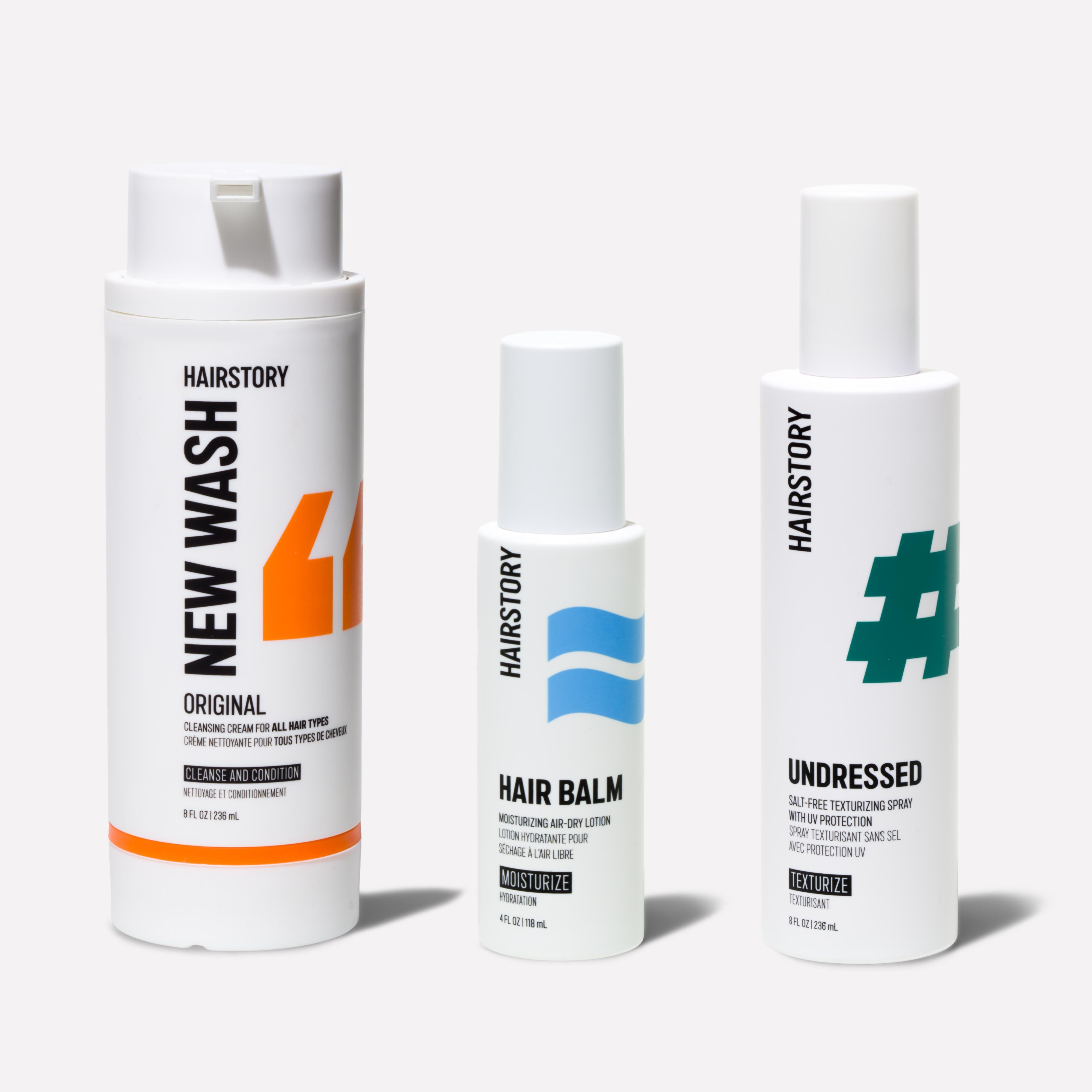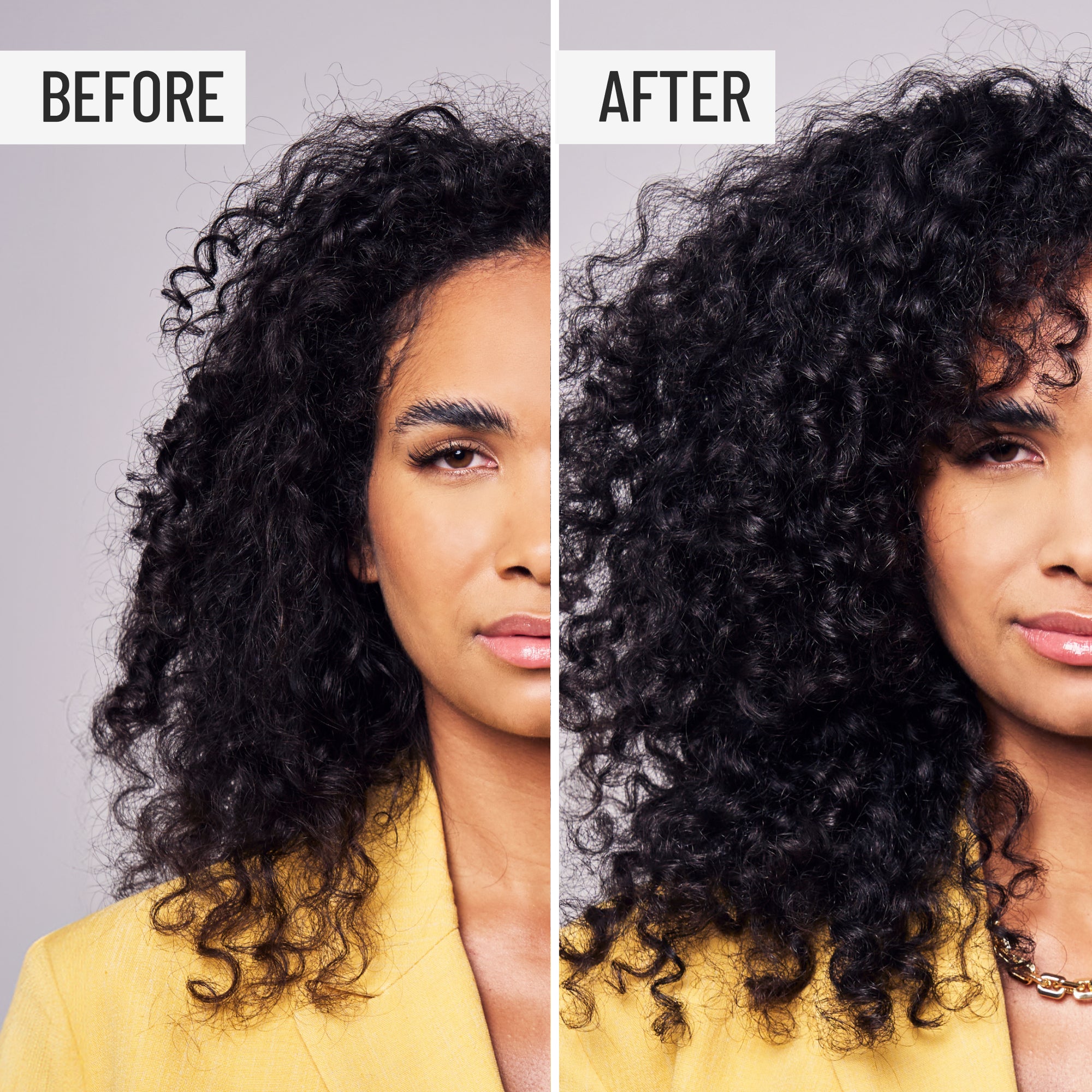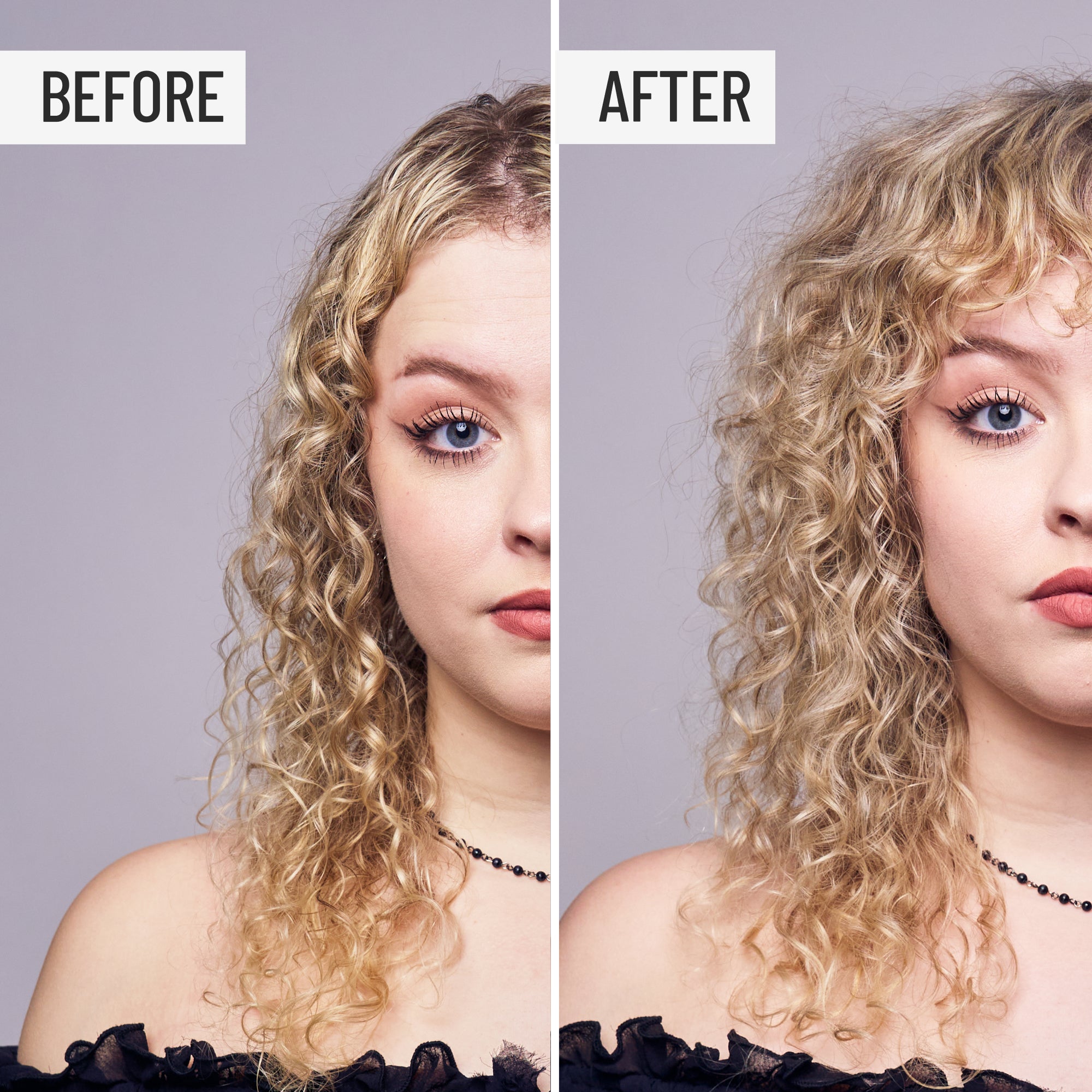Short for conditioner-only washing, co-washing was first embraced by curly-haired women who struggled with traditional, detergent-based hair cleansing methods and sought out curl-friendly alternatives.
No longer a trend, co-washing is a mainstream method with devotees and skeptics and we’re here to clear the air about how to co wash.
ARE YOU A CO-WASHING TYPE?
If you have curly, coarse, dry or thick hair, you’re probably a good co-washing candidate. These hair types are generally in more need of moisturizing, and the scalp’s oils are less likely to reach and condition the ends – where it is needed most. In contrast, finer and straight hair types generally look oilier faster and need to be washed more often.
THE PROS OF CO-WASHING
Co washing curly hair comes with benefits, primarily that it maintains moisture and puts a stop to dry and frizzy curls. Regular shampoo works by over-stripping the hair of its natural oils. By not washing hair with these products, the scalp’s natural oils have the chance to condition the scalp and hair.
CO-WASHING CONS
Some disadvantages of co-washing can include hair looking dull and feeling heavy. Similar to water only hair washing, the scalp may suffer from a lack of proper cleansing, which can clog hair follicles and inhibit optimal growth. This can be addressed by using a traditional shampoo from time to time. And, those with a naturally oily scalp or dermatitis may suffer if settling for a garden-variety conditioner without any cleansing ingredients.
FIND THE RIGHT PRODUCTS
Choosing the right co-washing product can be a challenge. Don’t be fooled: If you see the term “sulfate-free surfactants,” this does not mean that the product is detergent-free. If you see ingredients such as Sodium Lauroyl Isoethionate, Sodium Cocoyl Isoethionate, or Disodium Laureth Sulfosuccinate, this means that your product contains detergents. Check labels for common forms of sulfates and their “sul-fake” cousins.
Co-washers should also always avoid hair care products containing silicones, which are often added to smooth cuticles and mask damage. Silicones can build up on the scalp and cause problems in your hair follicles, weigh down hair, and require shampoo to dissolve.
A CO-WASHING REGIMEN
Now, you may be wondering, what is co washing and how does it work for curly hair? Co washing curly hair isn’t as simple as it might sound; the technique is just as important as the conditioner you use to remove built-up impurities, skin, and products. To properly co-wash your hair, you need to harness the force of water and a vigorous fingertip massage.
To properly co-wash your hair, you need to harness the force of water and a vigorous fingertip massage.
- Fully soak your hair with warm water to loosen debris. If you have thick hair, separate it into several sections. Once saturated, squeeze out excess water.
- Squeeze out a generous amount of product, enough to coat the scalp and hair from root to tip; use more than what you’re probably used to. Apply in sections if necessary.
- Massage the cream to your scalp with fingertips (not nails!) to exfoliate. Distribute the conditioner through to the ends and let it sit for a few minutes.
- Rinse thoroughly.
- Consider a second round if your hair is very dry, especially at the ends, and rinse thoroughly.
- Dry carefully and style. You may discover that your hair requires less effort and fewer styling products as its condition improves.
- Use a clarifying shampoo every two to four weeks to deep-clean the scalp.
There is a way to take the shampoo out of the equation entirely. Oil-based cleansing has been practiced in facial care for decades, and it needn’t stop at the hairline. New Wash, formulated without any detergent, relies on a blend of essential oils and extracts with Aloe Vera to dissolve impurities, refresh the scalp, and rebalance the scalp’s oils. Those with curly hair often call it “life-changing.” It may change your life – and your curls too.































